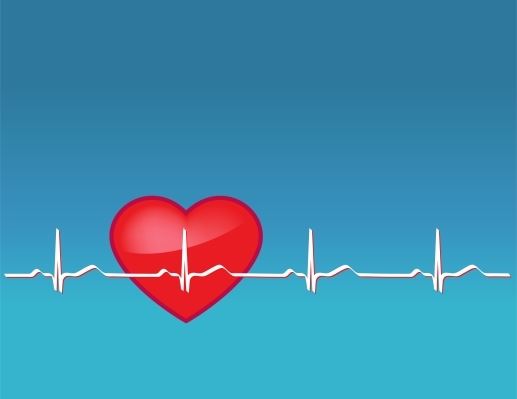Makers of the popular Monster brand of energy drinks are set to appear in court this month in a wrongful death lawsuit brought by the Fournier family of Hagerstown, MD. Richard Fournier v. Monster Beverage Corporation is only one of many similar lawsuits brought on by individuals and families who have been hospitalized or suffered losses due to the potentially dangerous caffeine levels found in the drink.
In 2011, fourteen-year-old Anais Fournier consumed two 24-oz. cans of a Monster brand drink over a two day period, containing a total of 480 milligrams of caffeine (equivalent to the amount found in fourteen 12-oz. cans of Coca-Cola). On the second day, she fell into cardiac arrest and was rushed to the hospital. She was placed into a medically-induced coma to reduce swelling to her brain, but the damage had already been done and it became clear that she would never regain consciousness. Her parents took her off life support six days later on December 23.
The official cause of Anais’s death was attributed to cardiac arrhythmia due to caffeine toxicity. While advocates of Monster drinks contend the caffeine level present in the product is not very much more than the amount found in a cup of strong coffee, other ingredients in the drink mimic the effects of caffeine and can intensify the reaction. In fact, guarana is a plant extract that naturally contains caffeine, and taurine allegedly affects cardiac muscles. Additionally, the fact that people who consume energy drinks typically down them much faster than a cup of hot coffee further exacerbates the problem by flooding the body with dangerously high amounts of caffeine in a very short amount of time.
Monster Beverage Corporation has previously been sued for allegedly marketing its products to children, teens, and young adults. A 2012 study published by Pediatrics reported that teens who consume Monster energy drinks have a heightened risk of the following conditions:
- Caffeine toxicity/ poisoning
- Dehydration
- High blood pressure
- Heart palpitations
- Seizures
- Cardiac arrest
- Death
Other Hospitalizations And Deaths Related To Monster Drinks
Since October of 2012, the FDA has investigated five deaths and one non-fatal heart attack linked to consumption of Monster products. The U.S. Drug Abuse Network has reported a tenfold spike in emergency room visits involving energy drinks, most of which involve teens between the ages of 12 and 17 who have suffered dehydration, heart problems, and heat exhaustion. In 2011 alone, emergency rooms saw nearly 21,000 patients who suffered adverse effects from energy drink consumption.
Currently, the FDA does not require the makers of energy drinks to list the amount of caffeine present in their products because they are considered nutritional supplements rather than food. Thus, Monster drinks are allowed to contain more than the limit of 71 milligrams of caffeine typically found in a 12-oz. soda.
The trial will take place in Riverside County, California.
The Los Angeles personal injury lawyers at Biren Law Group fight for the rights of families who have suffered a wrongful death and can help them get the compensation they deserve. Contact us today or give us a call at (310) 774-0078 to schedule a free case review to find out how we can help bring justice to your case.

